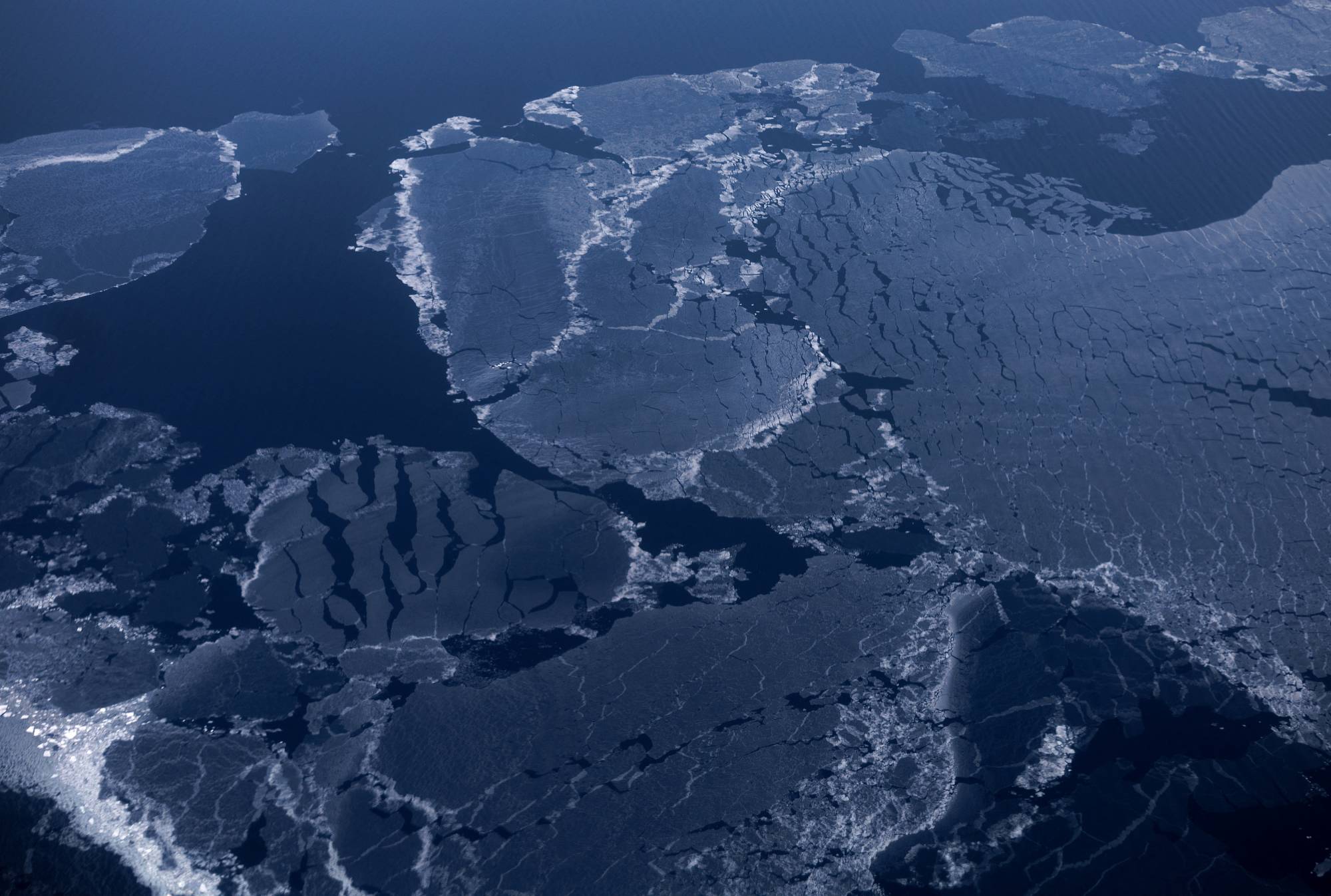Even in a best-case scenario, the Arctic will begin to experience summer months with no sea ice sometime around the middle of the century — sooner than leading climate scientists had predicted, new research finds.
The United Nations-sponsored Intergovernmental Panel on Climate Change suggested in its most recent landmark report that the region would start to see Septembers without sea ice around 2050 if humans continue to emit greenhouse gases at high or moderate levels. However, the new study, published Tuesday in Nature Communications, says this will happen even in a low-emissions scenario. Higher emissions will result in ice-free Septembers by 2030 to 2040.
"We basically are saying that it has become too late to save the Arctic summer sea ice,” said Dirk Notz, an oceanographer at the University of Hamburg in Germany who specializes in sea ice and is one of the authors of the study, as well as an IPCC report author. "There’s nothing really we can do about this complete loss anymore, because we’ve been waiting for too long.”



